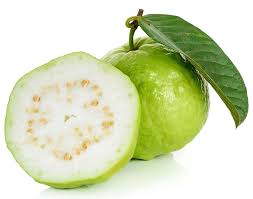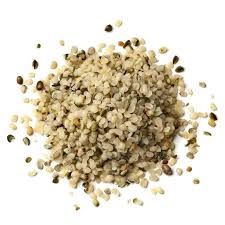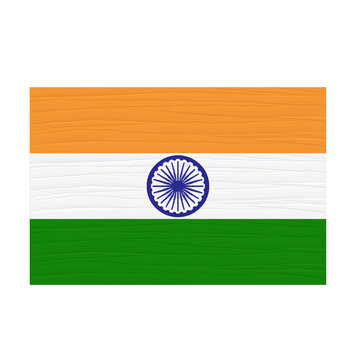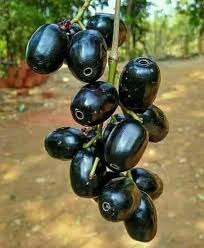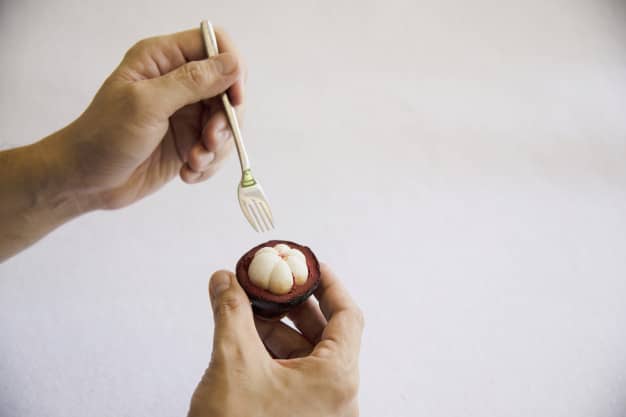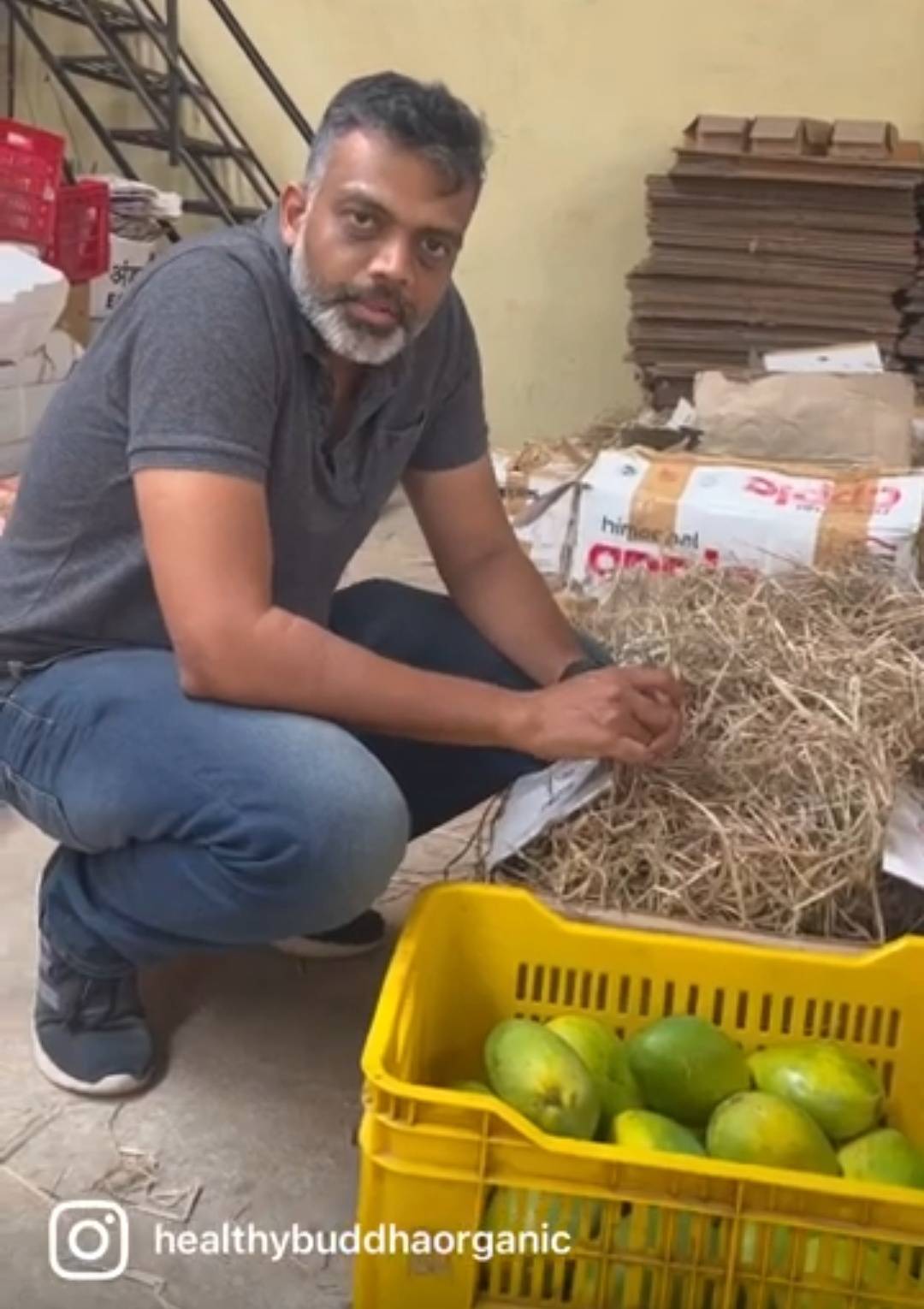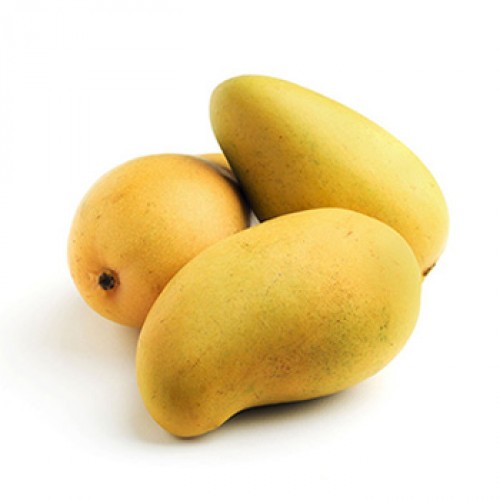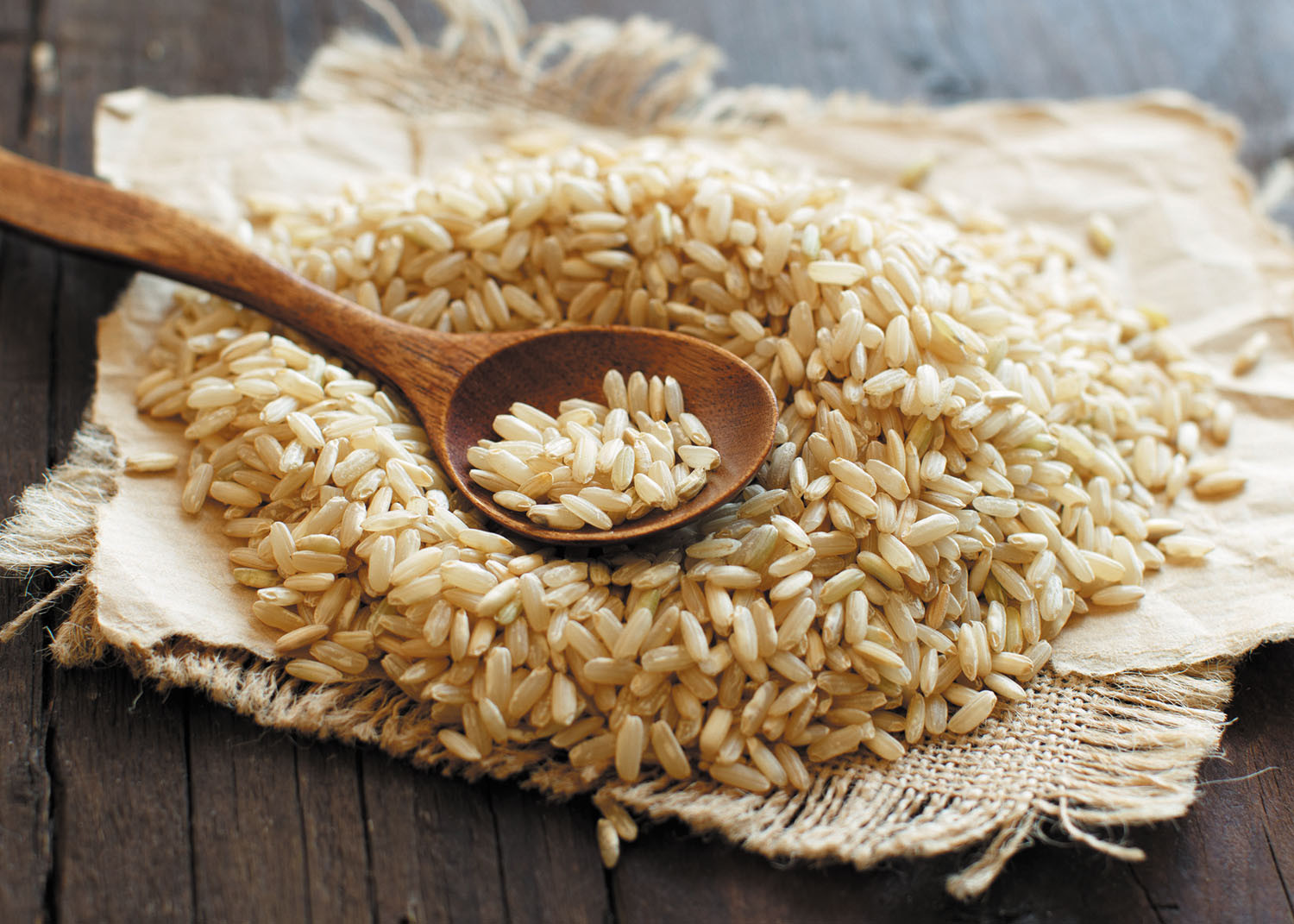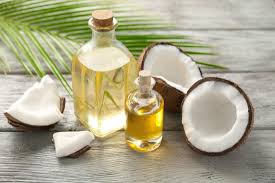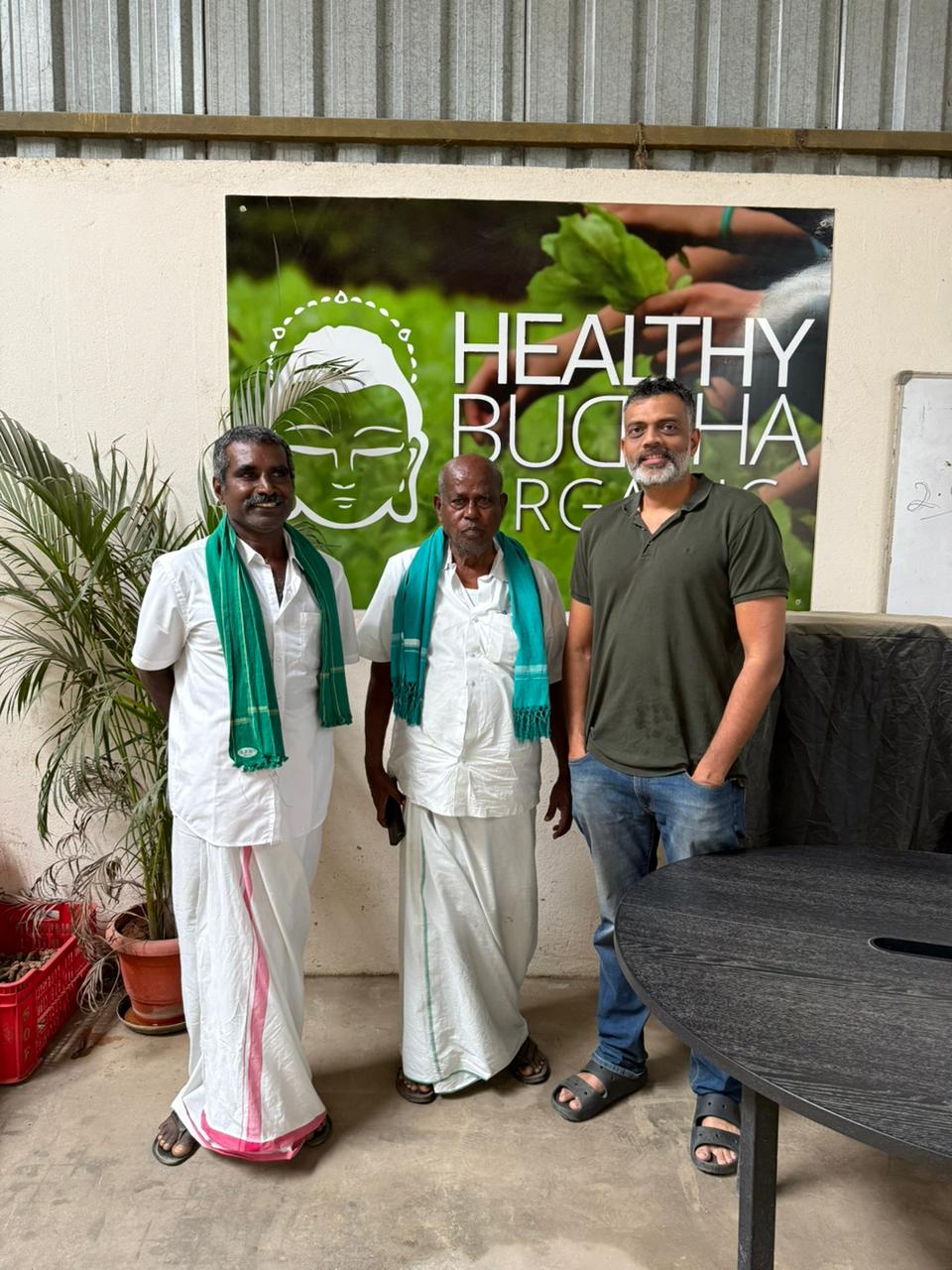
Chia Seeds vs Sunflower Seeds
All the building blocks needed for plants to grow into complex beings are present in incredibly nutritious seeds.
The best sources of fibre are seeds. Additionally, they contain numerous essential vitamins, minerals, antioxidants, and beneficial monounsaturated and polyunsaturated fats.
As part of a nutritional diet, seeds can lower blood pressure, cholesterol, and blood sugar levels.
What are Chia seeds ?
Salvia hispanica, a desert plant and a member of the mint family, is the source of chia seeds. Several branded names and the common name "chia" is to market Salvia hispanica seed. The belief is that it came from Central America, where the ancient Aztecs used it as the main ingredient in their diet. Tiny black or white beads make up chia seeds. Although they could have a slight flavour, they often have little impact on the taste of the food you are eating. Additionally, they have a tiny crunch, particularly after soaking in water.
What are Sunflower seeds ?
Sunflower seeds come from Helianthus annuus, the sunflower plant. There are two primary sunflower crop kinds, one variety is for the edible seeds, and the other, the most widely cultivated, is for the oil.
Sunflower seeds have a challenging but supple texture and a moderate, earthy flavour. Although you can buy them raw, you can frequently roast them to improve the taste.
Health Benefits of Chia seeds
According to various research, chia seeds have the following health advantages:
- Chia seeds contain a high amount of fibre. Fibre may help people feel full for longer and thus help you lose weight. A high-fibre diet can also prevent constipation, and thus chia seeds enhance your digestive health.
- Chia seeds can also be utilised as natural skin moisturisers, hydrating the rough parts of your skin.
- Chia seeds can be an excellent source of omega-3 fatty acids. Increased omega-3 consumption may lower the risk of heart attacks and other risk factors. Therefore, it implies that chia seeds are a beneficial component of a heart-healthy diet.
- High nutrient density is present in chia seeds. Thus chia seeds are very healthy.
- Calcium, magnesium, and phosphorus are abundant in chia seeds. As a result, bone mineral density improvement is probable by each of these nutrients.
- High fibre content of Chia seeds and other healthy ingredients may help manage blood sugar.
Do you want to gain the benefits of chia seeds? Buy Chia seeds online now from Healthy Buddha.
Health Benefits of Sunflower seeds
Sunflower seeds, on the other hand, are packed with the following benefits:
- Sunflower seeds make the immune system more robust because of the vitamin E, zinc, and selenium they contain
- High fibre content of Sunflower seed lowers LDL cholesterol in the blood
- Presence of solid antioxidants in sunflower seeds also reduces the risk of cancer
- Patients with type 2 diabetes mellitus can lower their blood sugar levels by eating sunflower seeds
- Vitamin B6 is present in sunflower seeds which elevates the mood, increases focus, and sharpens memory
- Sunflower seeds are a good source of fibre and nutrients, which helps in weight loss
- Consuming sunflower seeds, which are a powerhouse of energy, can provide you with immediate energy
- Sunflower seeds help keep your skin healthy and radiant
Check out sunflower seeds prices in Bangalore and get sunflower seeds in Bangalore from Healthy Buddha right away!
Nutritional comparison between Chia and Sunflower seeds
The nutrients, calcium, calories, dietary fibre, iron, potassium, and protein are all abundant in sunflower and chia seeds.
Carbohydrates
Chia seeds are abundant in carbs, but sunflower seeds have 51% fewer carbohydrates.
Dietary fibre
Chia seeds and sunflower seeds both contain a lot of nutritional fibre. However, compared to sunflower seed, chia seed offers 199% higher dietary fibre.
Saturated Fat
Chia seed has 44% less saturated fat than sunflower, which is heavy in saturated fat.
Vitamins
Vitamin C levels in sunflower seeds and chia seeds are comparable. However, niacin is more abundant in chia seeds, whereas pantothenic acid, vitamin B6, and folate are more abundant in sunflower seeds.
How to eat Chia seeds?
- Chia seeds can be consumed either raw or cooked in various foods.
- Add whole or crushed chia seeds to yoghurt, cereal, rice, or veggies.
- Chia seeds are drenched in fruit juice or water to create chia fresco, a popular beverage in Mexico.
- Including chia seeds in cooked cereal or other foods is simple since they are incredibly absorbent and have a gelatinous texture when soaked in water.
- The sprouts of the chia plant are just as significant as the seeds since you can eat them. Try including them in sandwiches, salads, and other foods.
- It is best to take two daily dosages, each containing 20 g (a little under two tablespoons) of chia seeds.
How to eat Sunflower seeds?
- You can add sunflower seeds to give soft meals, like scrambled eggs, a crunchier texture.
- Consider including sunflower seeds in your smoothies and milkshakes if you like them. You can crush them or add them raw as a garnish for your beverage.
- Sunflower seeds, which are highly antioxidants, will only enhance cleansing abilities of your smoothies.
- A nutritious snack choice is salted or roasted sunflower seeds, which you can include in your breakfast cereals to boost their nutritional value.
- Sunflower seeds will make chutneys and sauces taste twice as wonderful.
- You can spread sunflower seeds on top of healthy salads and pasta dishes to increase their flavour and nutritional value.
The recommended daily intake of sunflower seeds is one small cup (about 30 g).
Are you in search of an organic store in Bangalore? To buy chia seeds and sunflower seeds that are completely raw and unprocessed and have been acquired in their most basic form, check out our website. You can also order online fruits and vegetables in Bangalore from Healthy Buddha and get them delivered to your doorstep.
How to store Chia and Sunflower seeds?
It would help if you kept any seed in a sealed jar at a steady temperature in the refrigerator.
Chia meal needs to be bought from the fridge section and maintained at home continually chilled, or better yet frozen. Keeping seeds in the fridge or freezer will extend their shelf life, but they can also be kept in a closed bag in the pantry away from heat sources. In addition, the seeds can last longer if you crush them into a meal in a coffee grinder.
You can place sunflower seeds in a freezer bag or an airtight container that is freezer safe. Most sunflower seeds can stay fresh for up to a year if stored in the freezer or refrigerator. However, if kept in the pantry, you should eat them within two to three months.
FAQ
Q. Is it possible to have a chia allergy?
A. Though it is improbable, it is possible. Those sensitive to sesame, mustard seed, or other plants in the salvia family, such as sage, are more prone to experience a reaction from chia.
Q. What distinguishes the various chia seed colours?
A. Chia seeds come in two colours: white and black. White chia seeds offer higher omega-3s than black chia seeds in protein content.
Q. Do I need to consume lots of liquid when eating chia?
A. Chia can cause stomach pains since it absorbs so much moisture. Therefore, when ingesting chia, you should drink enough water.
Q. Is it better to eat sunflower seeds roasted or raw?
A. You can eat sunflower seeds either raw or cooked. Roasting sunflower seeds, whether in the oven or on the stovetop, has the potential to improve their flavour dramatically.




